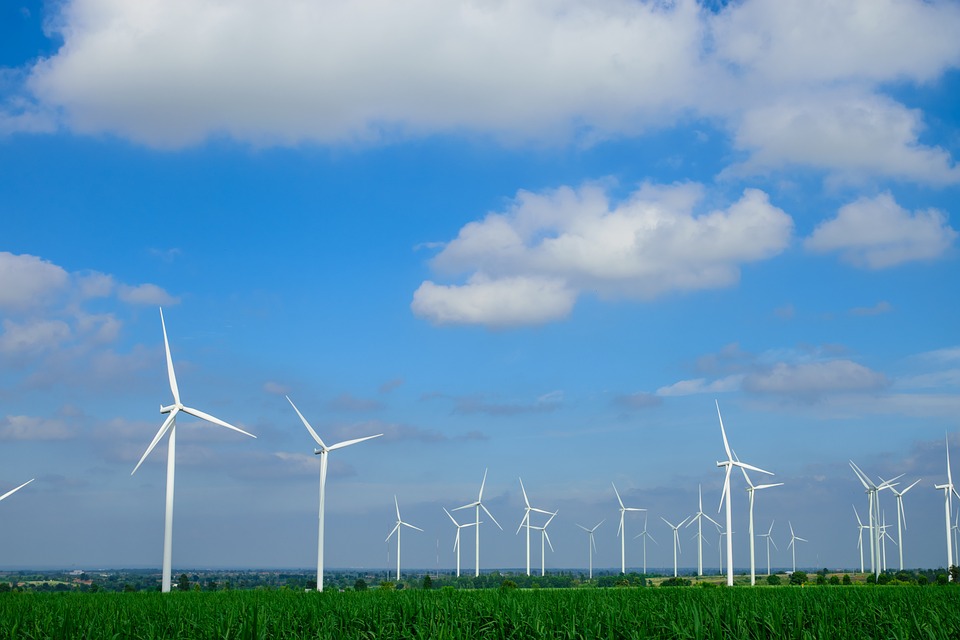Can Pollution Cause Global Warming?
I. Introduction
Global warming refers to the long-term increase in Earth’s average surface temperature, primarily driven by human activities that release greenhouse gases (GHGs) into the atmosphere. Pollution, particularly in the form of GHG emissions, plays a critical role in this phenomenon. Understanding the relationship between pollution and global warming is essential for developing effective strategies to combat climate change.
II. Types of Pollution Contributing to Global Warming
– Greenhouse Gas Emissions: Major contributors include carbon dioxide (CO₂), methane (CH₄), and nitrous oxide (N₂O). These gases trap heat in the atmosphere, leading to the greenhouse effect, which is a primary driver of global warming.
– Aerosols and Particulate Matter: Pollutants like black carbon (soot) absorb sunlight and contribute to warming, especially when they settle on ice or snow, reducing the Earth’s reflectivity.
– Industrial Pollution: Emissions from burning fossil fuels in industries, power plants, and vehicles are significant sources of greenhouse gases, exacerbating global warming.
III. How Pollution Causes the Greenhouse Effect
– Trapping Heat in the Atmosphere: Greenhouse gases allow sunlight to enter but prevent heat from escaping, creating a warming effect on Earth’s surface.
– Amplifying Climate Feedback Loops: Increased temperatures from pollutants can lead to further warming effects, such as melting ice caps that reduce Earth’s reflective surfaces.
– Global Warming Potential of Different Pollutants: Different pollutants have varying capacities to trap heat; for example, methane is significantly more effective than CO₂ over short time frames.
IV. Other Pollutants and Their Effects on Global Warming
– Methane from Agriculture and Landfills: Methane is a potent greenhouse gas with a much higher short-term warming potential than CO₂, primarily emitted from livestock and waste management practices.
– Ozone Pollution (Ground-Level Ozone): Tropospheric ozone acts as a greenhouse gas, contributing to warming while also posing health risks.
V. Counteracting Effects of Certain Pollutants
– Reflective Aerosols (Sulfur Dioxide): Some aerosols can reflect sunlight away from Earth, providing a cooling effect. However, they also pose health risks and contribute to acid rain.
– Short-Lived Climate Pollutants: Pollutants like black carbon and methane have significant warming effects but shorter atmospheric lifespans compared to CO₂, making their reduction crucial for immediate climate benefits.
VI. Pollution Control and Its Impact on Reducing Global Warming
– Regulating Emissions: Implementing policies and technologies to reduce CO₂ and methane emissions can significantly mitigate global warming.
– Transition to Clean Energy: Shifting towards renewable energy sources like solar and wind reduces reliance on fossil fuels, thereby lowering greenhouse gas emissions.
– Individual Actions: Individuals can contribute by reducing energy consumption, adopting sustainable practices, and supporting policies aimed at pollution reduction.
VII. FAQs
– How does CO₂ cause global warming? CO₂ traps heat in the atmosphere by absorbing infrared radiation emitted from Earth’s surface.
– Is all pollution responsible for global warming? Not all pollution contributes equally; however, many air pollutants are also greenhouse gases that exacerbate climate change.
– What are the main sources of greenhouse gas pollution? Major sources include fossil fuel combustion for energy production, transportation emissions, and agricultural practices.
– How can reducing pollution help slow global warming? Lowering emissions of greenhouse gases directly decreases their concentration in the atmosphere, mitigating their warming effects.
– Can natural sources of pollution contribute to global warming? Yes, natural events like wildfires release significant amounts of CO₂ and other pollutants that can impact climate.
VIII. Conclusion
Certain types of pollution—especially greenhouse gases—are major contributors to global warming. Addressing these emissions through coordinated global efforts is essential for effectively combating climate change and protecting our environment for future generations.

Kyle Whyte is a notable scholar and professor at the University of Michigan, holding positions such as the George Willis Pack Professor in the School for Environment and Sustainability and Professor of Philosophy. Specializing in environmental justice, his work critically examines climate policy and Indigenous peoples’ ethics, emphasizing the nexus between cooperative scientific endeavors and Indigenous justice. As an enrolled Citizen Potawatomi Nation member, he brings a vital perspective to his roles as a U.S. Science Envoy and member of the White House Environmental Justice Advisory Council. His influential research is supported by various prestigious organizations including the National Science Foundation, and disseminated through publications in high-impact journals. Kyle actively contributes to global Indigenous research methodologies and education, with affiliations to numerous institutes and societies dedicated to traditional knowledge and sustainability. Recognized for his academic and community engagement, Kyle has earned multiple awards and served in various visiting professorships. His efforts extend to leadership positions on boards and committees focused on environmental justice nationwide.
